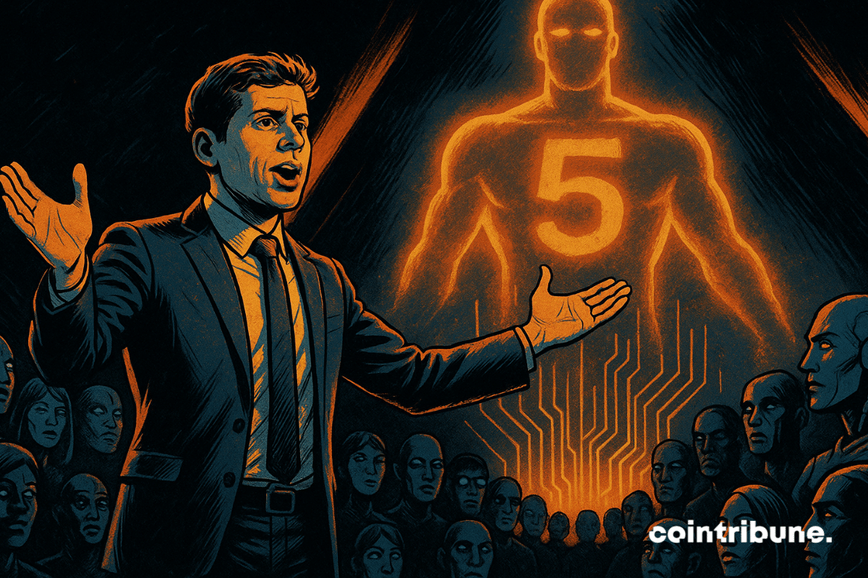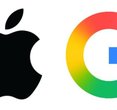
Sam Altman Unveils Openai'S Roadmap: From Gpt-5 Challenges To Ambitious Ai Horizons on OnlyLikeFans

Sam Altman's Candid AMA: Addressing GPT-5 Concerns
In a lively 'Ask Me Anything' session on Tuesday, OpenAI's CEO Sam Altman tackled pressing questions from users about the AI dynamo's future. Altman didn't shy away from acknowledging past missteps, particularly around the transition from GPT-4o to GPT-5 in August. He admitted that the rollout could have been smoother, especially in terms of communicating changes to safety filters.
"We're committed to improving user experience," Altman assured, "and our focus is on ensuring the model gets better for everyone, not just specific segments like science or coding." He further elaborated on OpenAI's updated adult content policies, announcing that verified adult users will soon have more flexibility, thanks to new guidelines starting in December.
“Our goal is to do much better in the future, both about continuity and about making sure the model gets better for most users," Altman emphasized during the session.
Driving AI Innovation: OpenAI’s Long-Term Vision
Altman transitioned from addressing current issues to painting a picture of OpenAI's future, outlining ambitious plans for AI growth and platform expansion. OpenAI aims to develop AI that can reason and offer new scientific insights, eyeing minor scientific discoveries by 2026 and significant breakthroughs by 2028. The vision is to morph from a single chatbot to a robust AI platform fostering user-driven innovation.
User privacy remains paramount, with OpenAI pledging to safeguard sensitive data entrusted to its systems. This commitment comes as the company works to become a leader in AI development and expansion.
OpenAI's Mega-Expansion Plans: Computing and Structure
Discussing infrastructure, Altman highlighted OpenAI’s massive $1.4 trillion investment in computing, including launching a 30-gigawatt network, spearheaded by the Stargate data center in Abilene, Texas. "Our aim is to build what we call an infrastructure factory," he explained, "with the goal of significantly reducing computing costs over a five-year period."
While older GPT models won't be open-sourced due to size and inefficiency, Altman noted they might be shared on a limited basis to demonstrate technological evolution. He also outlined structural changes, with the OpenAI Foundation now overseeing the for-profit OpenAI Group PBC, reflecting a strategic realignment.
Microsoft's partnership remains strong, with a substantial 27% stake in OpenAI, translating to exclusive rights to advanced AI models through 2032. This partnership underscores a shared commitment to safe AI development.
OpenAI's strategic shifts and ambitious plans signal an exciting phase in AI evolution, promising robust growth while navigating past hurdles.















